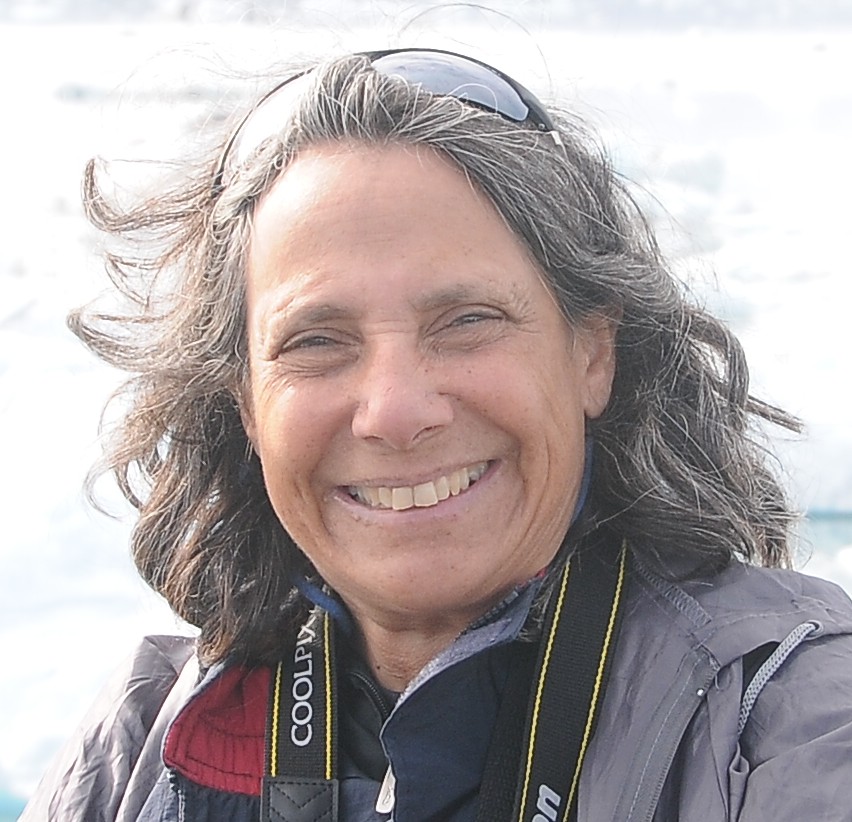Caribbean Community (CARICOM) countries on Wednesday were divided in their vote for an Organization of American States (OAS) resolution affirming humanitarian assistance to Venezuela.
According to the OAS, five CARICOM-member countries – The Bahamas, Guyana, Haiti, Jamaica and St. Lucia – voted in favor of the resolution that was approved by the OAS’s Permanent Council.
Antigua and Barbuda, and St. Vincent and the Grenada voted against the resolution; and Barbados, Belize, St. Kitts and Nevis, Suriname, and Trinidad and Tobago abstained. Dominica and Grenada were absent, the OAS said.
Overall, it said 19 countries voted in favor of the resolution, five voted against it, eight abstained, and two were absent.
Other countries which voted in favor of the resolution were Argentina, Brazil, Canada, Chile, Colombia, Costa Rica, Ecuador, United States, Guatemala, Honduras, Panama, Paraguay, Peru and Dominican Republic.
Nicaragua and Venezuela also voted against the resolution, and Bolivia, El Salvador and Mexico abstained, the OAS said.
It said that the resolution, “Humanitarian Assistance in Venezuela,” urges member states, permanent observers and “competent international organizations to continue providing support and implementing measures to address the humanitarian crisis in Venezuela.”
The document also urges Venezuelan public institutions, especially the military and police establishments, “to refrain from blocking the entry of humanitarian aid into Venezuela, duly respecting the humanitarian principles of humanity, impartiality, neutrality and operational independence of humanitarian assistance, as well as respect for human rights.”
According to the OAS, the resolution notes the concern of the countries “that Venezuela’s closure of its borders with Brazil and Colombia has, in fact, prevented the population, especially the most vulnerable, from obtaining food, medicines, medical treatment, and educational opportunities.”
In addition, the resolution expresses concern over the collapse of Venezuela’s health care system, “which has led to the reappearance of infectious diseases previously eradicated in Venezuela, as well as in bordering countries and in the region.”
Thursday’s resolution came one day short of a week since United States President Donald J. Trump met, at his private resort in Palm Beach, Fl, with a select group of Caribbean leaders to “reaffirm” Washington’s “strong friendship with and commitment to these countries, and signal the importance of the Caribbean to the hemisphere,” according to the White House.
“The president will use this meeting as an opportunity to thank these countries for their support for peace and democracy in Venezuela,” said the White House in a statement ahead of the meeting.
The select Caribbean leaders comprised Jamaica’s Andrew Holness, Bahamas’s Hubert Minnis, St. Lucia’s Allen Chastanet, Haiti’s Jovenel Moise and Dominican Republic’s Danilo Medina.
“I think we all recognize there’s a problem in Venezuela,” Chastanet told reporters after the meeting. “Most people recognize the need for new elections.
“The world remains divided on that,” he, however, added. “I think there is a growing consensus that there needs to be fresh elections in Venezuela to resolve the humanitarian crisis.”
The 15-member Caribbean Community (CARICOM) grouping has been divided on the Venezuela issue, as well.
In January, Jamaica, Haiti, the Bahamas, Guyana and St. Lucia supported an OAS resolution in not recognizing Venezuela President Nicolás Maduro’s second five-year term. Dominica, St. Vincent and the Grenadines, and Suriname voted against the measure.
St. Kitts-Nevis, Trinidad and Tobago, Antigua and Barbuda, Barbados and Belize abstained during the vote; while Grenada was not present.
Nonetheless, in the statement that followed their teleconference in January, the regional leaders “reaffirmed their guiding principles of non-interference and non-intervention in the affairs of states, respect for sovereignty, adherence to the rule of law, and respect for human rights and democracy.
“Heads of Government reiterated that the long-standing political crisis, which has been exacerbated by recent events, can only be resolved peacefully through meaningful dialogue and diplomacy,” the statement said, noting that they have “offered their good offices to facilitate dialogue among all parties to resolve the deepening crisis”.
However, political analysts in Washington maintain that Trump was using CARICOM leaders’ division on Venezuela to further drive a wedge among them on the issue, and used last Friday’s meeting as a subterfuge to further intervene in Venezuela’s internal affairs.
Meantime, the OAS’s general secretariat on Thursday rejected what it described as “the uninformed comments of government spokespeople of the Russian Federation, who maliciously disqualify this organization in order to justify the recent and illegal Russian military incursion into Venezuelan territory.
“The general secretariat wishes to recall that the OAS is a regional organization whose core competency is to ensure peace and security in the region,” the OAS statement said.
Established in 1948 as a continuation of a series of institutions and agreements both for the peaceful settlement of disputes and for collective self-defense against external interventions, “the OAS has as its first purpose the strengthening of peace and security in the hemisphere,” the statement added, pointing to Article 2 of the OAS Charter.
Consistent with that purpose, the statement noted that Article 2 of the OAS Charter also says that the organization must “achieve an effective limitation of conventional weapons” in the region, as well as “promote and consolidate representative democracy.”
The OAS said Article 23 of the Charter expressly provides that “measures adopted for the maintenance of peace and security in accordance with existing treaties do not constitute a violation of the principles set forth in Articles 19 and 21,” which refer to the principle of non-intervention.
“Therefore, to work to ensure peace and security, to strengthen peace, avoid an arms buildup, wherever it comes from, are essential purposes of the organization, of which the general secretariat is the central and permanent organ,” the statement said.
“The general secretariat, therefore, reiterates its unequivocal rejection of the presence of Russian military personnel and military transport in Venezuelan territory for lacking the constitutionally required authorization of the National Assembly,” it added.




















